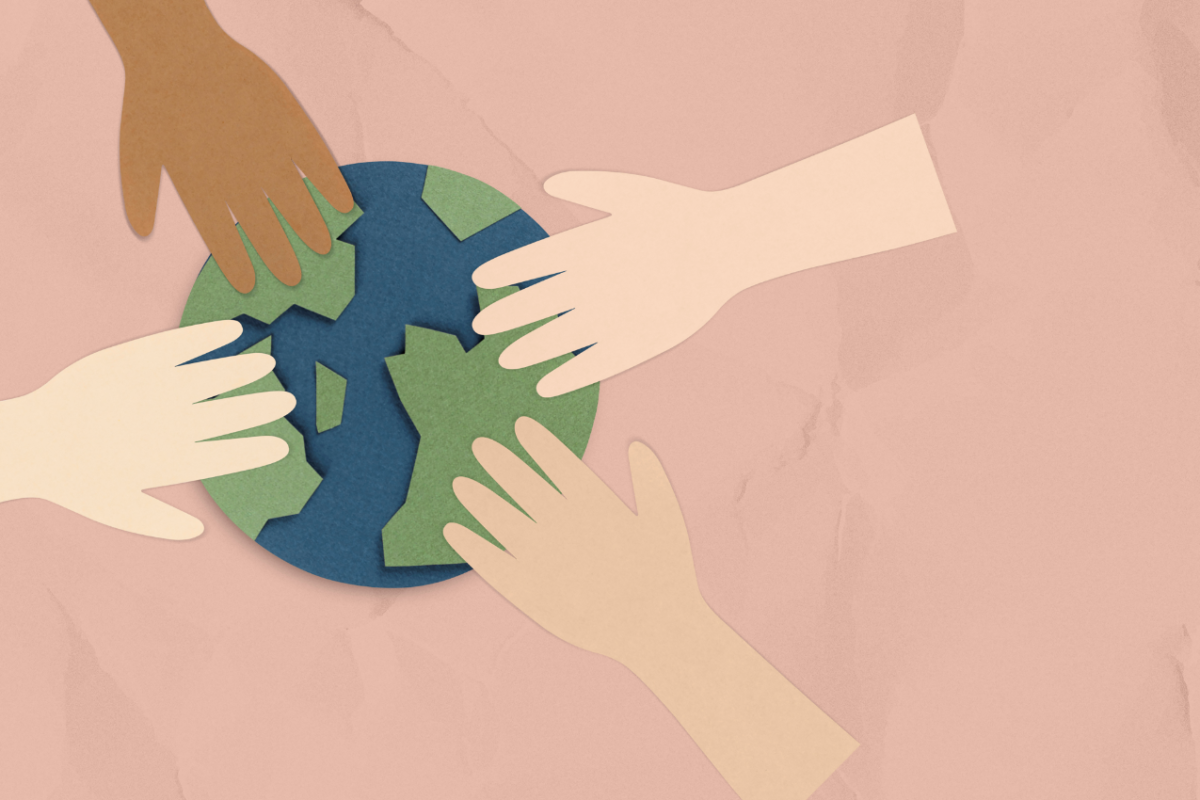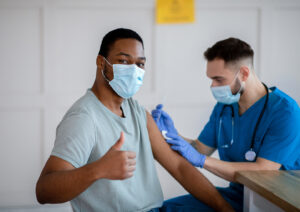Our community was hit with COVID-19 over a year ago, shutting down businesses, restaurants, schools, and numerous other facilities. Millions of people were laid off, forced to quit their jobs, or considered essential workers. Unfortunately, essential workers had to continue working through the pandemic. This put the lives of their families and them at risk. These difficulties lead to increased levels of stress within minority communities to pile onto constant stressors that already existed.
COVID-19 has affected minorities throughout the US more than white Americans in the last year. African Americans, Latinos and Hispanics, as well as Native Americans are nearly two times as likely to be infected as white Americans. These minorities are also four times as likely to be hospitalized and three times as likely to die from COVID-19. This is due to a variety of factors, such as health disparities, occupation, underlying health conditions, and lack of access to healthcare. Health disparities can include education and wealth
gaps, lack of transportation or childcare, language barriers, and discrimination in healthcare based off race and ethnicity.
The rollout of the COVID-19 Vaccines
The rollout of the COVID-19 vaccine started in December of 2020 after being approved for distribution to healthcare workers. Once healthcare workers and those at higher risk of infection received their vaccines, it became available to others. President Joe Biden created a task force to help with the distribution of the vaccine. He promised to have the majority of adults in the country vaccinated by Summer. The vaccines are our country’s hope to get back to a normal way of life. They will help our economy recover as well. It’s now up to everyone to make getting their vaccine a priority, not just for themselves, but for their community and country as well.
Though the vaccine is free and available for those over 16, there are still many people that are hesitant about receiving the vaccine, especially people of color. Getting the vaccine isn’t dependent on immigration or health insurance status either. People hesitation stems from many uncertainties and unknowns, like not knowing the ingredients or the effects of it, not trusting the timeliness of its release, and lacking trust in the healthcare system completely.
Here are some facts to know about the vaccine:
- Went through a number of trials before the FDA approved it for th
 e public, meaning it’s safe for everyone to receive
e public, meaning it’s safe for everyone to receive - Does not have any of the virus in the vaccine, so there’s no chance of contracting the virus from getting the vaccine
- Has mRNA technology in it, so there’s no chance of it “altering your DNA”
- Will not make you infertile or lead to miscarriage
- Researchers released it within a year because they worked on mRNA-based vaccines for over 20 years
- Doesn’t have any kind of chip or tracking device
Importance of receiving the vaccine, especially for communities of color:
- To help slow the spread of the virus
- Help reduce the stress of transmitting the virus while in public and even private settings such as work, stores, schools, etc.
- To help your body build antibodies to fight off the virus
- Help you keep your neighborhood, family, and community safer and healthier
- To help our country and our local communities achieve economic recovery
It is important to understand something before putting it into your body, so do your research for more facts. Thousands of vaccination sites are open all over the country. Mass vaccination events will be in the nearby future as well. To find somewhere to get it near you, visit this link for information or call 3-1-1 (913-573-5311). If you are in need of transportation to a vaccine site, you can call that number or email COVIDtransportation@wycokck.org. The vaccine is vital for everyone to get back to living a safe and healthy life, something we’ve all been waiting for!


